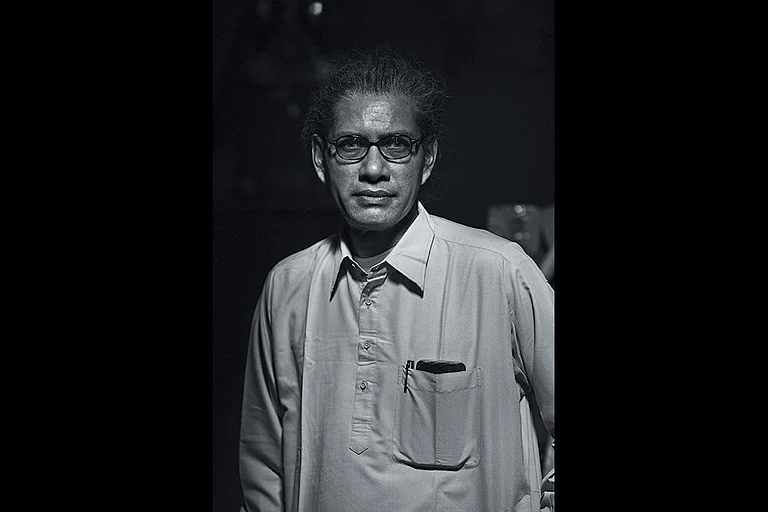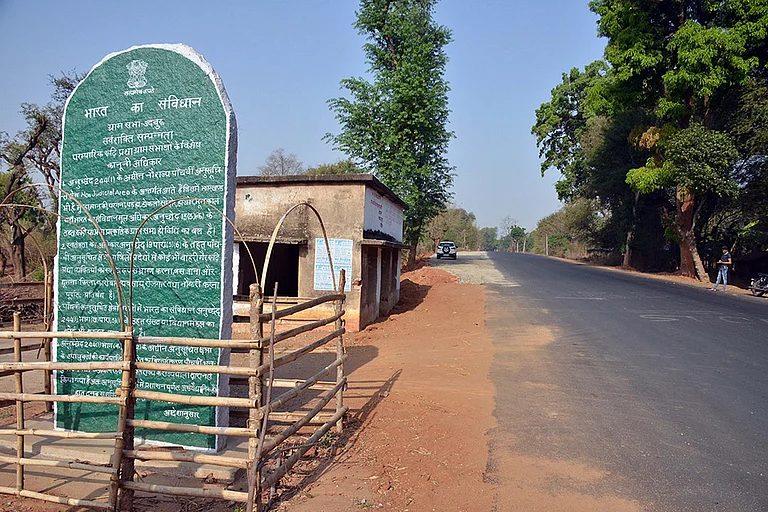The Supreme Court has again reiterated the 'bail is rule, jail is exception' principle, which it underlined while granting bail last week to former Delhi Deputy Chief Minister and AAP leader recently on August 9. The Apex Court emphasised this principle should be followed even when charges are filed under special statutes like anti-terror law UAPA.
A bench of Justice Abhay S Oka and Justice Augustine George Masih said,"When a case is made for a grant of bail, the courts cannot have hesitation... the allegations of the prosecution may be very serious but the court's duty is to consider case for grant of bail in accordance with the law... 'bail is rule and jail exception' is a settled law," NDTV reported.
As per law, to deny bail in cases where a legal argument is successfully made is "a violation of rights guaranteed under Article 21 (which relates to the right to life and personal liberty) of our Constitution".
Last month, a bench of Justice SB Pardiwala and Ujjal Bhuyan made a similar observation in an unrelated UAPA accused's bail hearing.
On Tuesday, the Supreme Court's reminder came as it heard the bail plea of retired police constable Jalaluddin Khan, who was booked under the UAPA and sections of the (now defunct) Indian Penal Code for renting part of his house to alleged members of the banned Popular Front of India, or PFI.
Probe agencies claimed Jalaluddin Khan was part of a criminal conspiracy to carry out acts of terror and violence for the purpose of endangering the unity and integrity of the country, including plans to cause disturbances when Prime Minister Narendra Modi visited Bihar in 2022.
The Supreme Court, however, disagreed with the presented material and claims, observing there was nothing to show Khan took part in, or committed unlawful activities, as defined in the UAPA, the report said.
The top court ordered the release of Khan, who had been turned away from both the special court and the Patna High Court in Bihar, which cited the severity of the offence, the risk of it being repeated, and the potential for evidence-tampering, as reasons to keep him behind bars.
The UAPA has been widely criticised - by the opposition, rights activists, and others - for making grant of bail difficult. Applicants must meet multiple criteria, including arguing the charges are false. In addition, they must also satisfy the standard triple test - i.e., s/he is not a flight risk and will not influence witnesses or tamper with evidence.




























